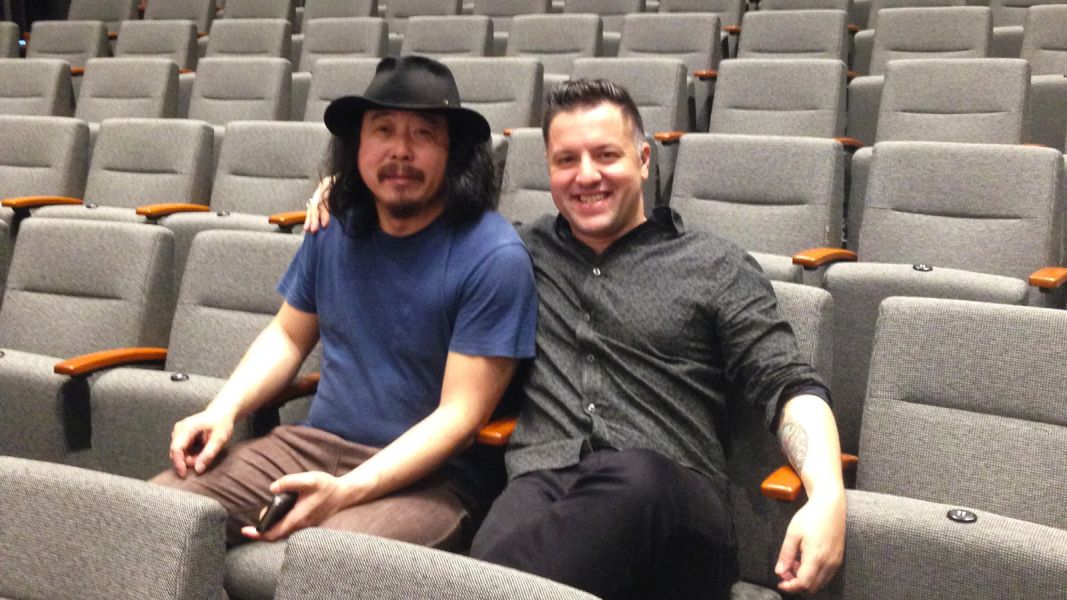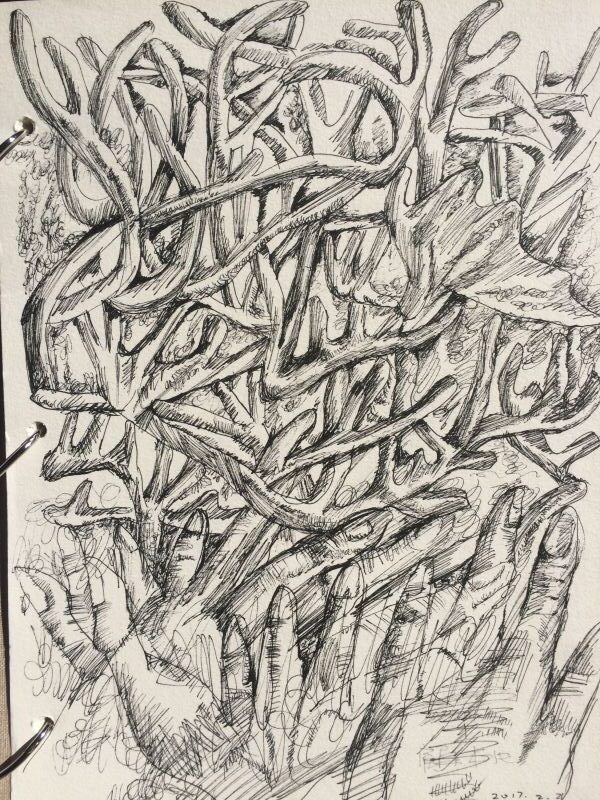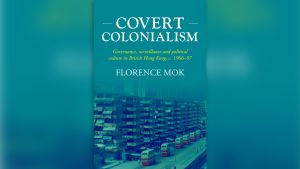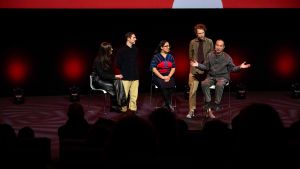
In the Midst of Life: An Interview with Gu Tao
Gu Tao: Since I started making movies over ten years ago, I have pursued a few consistent themes. One is the survival and spiritual life of ethnic minorities from China’s north and northwest regions in contemporary society. Another is the relationship between ethnic minorities and nature, because many of them either live within nature or at least have traditional lifestyles that depend on nature. Finally, a third theme is the relationship between ethnic minorities and the Han population, as well as how they interact with the government.
How has watching and recording these worlds on the verge of extinction shaped you as a person?
Gu Tao: To be honest, I do not feel that it has influenced me much. Maybe this is because I have always felt a deep loneliness (gudugan) and distance from the time in which we live. China’s ethnic minorities probably also feel this kind of isolation. When I spend a lot of time in the city and then go to film minorities in the borderlands, I realise that we share the same heart and solitary feelings. For this reason, it is difficult to talk about how these experiences have changed me. Maybe, as time passes and I get older, the biggest change has been in my attitude toward life (dui shengming de taidu). [The groups I have filmed in the past], the Evenki and Oroqen, and [the groups I am filming now], the Mongolian and Kazak, follow the rhythm and pace of nature’s growth and base their actions on a heavenly order and instruction (tian shang de zhidao). This kind of philosophy of life cannot be learned from books, but develops spontaneously in how one acts. It is a respect and reverence toward nature. In the earliest days, when those minorities hunted in the mountains, they would pray to the mountain gods and believed in the spirits of all living beings (wanwu youling). But Chairman Mao proclaimed: ‘Man can conquer nature!’ (ren ding sheng tian). And people started to believe in the impressive power of human strength and began to view everything else as unimportant.
Why do you think the government confiscated the Evenki’s hunting rifles and moved them from the forest into the city? Why not just allow them to continue living in the forest? What do you think is the state’s motivation?
Gu Tao: The government took away the Evenki’s hunting rifles in Aologuya because they thought that nature should be protected and should not be destroyed. But they overlooked the fact that nature is best protected when people live in harmony with it. In nature, the Evenkis will only burn wood that is already is dead or that has been split by lightening. They almost never cut down new trees, except occasionally to build homes. They used their hunting rifles to hunt (shoulie) as a part of their culture, which is different from hunting for sport or money (dalie) by simply opening fire as soon as one sees a living animal. For the Evenkis, to hunt (shoulie) is to balance the natural ecology and thin out the population of old, weak, sick, or crippled animals. Their customs allow them only to hunt certain animals depending on the season. Of course, the government doesn’t understand any of this. The government wants them to have good lives but its idea of the ‘good life’ comes from that of other nationalities. This kind of ‘good life’ is measured by having a decent house in the city with a marble floor, a nearby market where they can buy food, and a kitchen where they can use liquid gas to cook their meals. But this perspective neglects how ethnic minorities define the good life and what they want.

I don’t remember where, but I recall reading that you don’t consider yourself an ‘anthropological’ filmmaker. What don’t you like about this label?
Gu Tao: In my opinion, to be an anthropologist, you need to have systemic knowledge pertaining to a specific field of research, such as the history, culture, and religion of an ethnic group. I don’t consider myself an anthropologist, or ethnic specialist, or photographer, or film director. I think of myself more as someone who studies life (shenghuojia). I observe how people live and feel, which doesn’t really have anything to do with being a ‘specialist’. As soon as you have this kind of a label or title, you feel a psychological limitation and restriction. You are scholar so you have to put on the airs of a scholar to appear like an erudite person. I don’t want to be ‘erudite’, I’d much rather be relaxed and free.
Do you ever feel that you are too close to the subjects that you film?
Gu Tao: A few scholars from China have already said this to me, that maybe I am too close, and not detached, not objective enough. But I really believe that what we lack in China is the subjective perspective, and not the objective one. Objectivity deals with facts and situations. What I want is for more people to develop their own methods of expression. I am referring to China’s education system. For example, if you study media or if you study anthropology, it is easy for someone to lose their own ability to feel and sense the world.
Can you tell us what new documentary film projects you are working on?
Gu Tao: First of all, I don’t really have ‘projects’ (xiangmu). I am not sure what the Western understanding of ‘project’ is but [here] as soon as someone has a project, it means devoting your body, mind, time, and energy to completing that project. You do this because you expect a certain result and you anticipate what it will look like. That is why you do the ‘project’. But when I make documentaries, I never think in terms of a project that needs completion. Projects have deadlines—you have one or two years, or even one or two months to finish—what emotionally stirs me aren’t projects. My style of filmmaking touches on every aspect of my being—my life, body, sensitivity, and attitude.
To put it differently then, what are you paying attention to now in your work? What has caught your eye?
Gu Tao: I have moved on from the north to the north-western region of China, while staying mainly in the border areas. I am interested in border areas because many ethnicities can span boundaries. For instance, the Altay region in Xinjiang shares a border with Kazakhstan but many Kazakhs live on the Chinese side. I go there, observe, and film one or several families and track how they experience their living conditions. Maybe their experience is representative or not—that is up for a scholar to decide. I just film people who I think are worth filming. Although China is huge, a person’s own territory is small. For example, I won’t go south to Yunnan or to Tibet to film because I do not feel a strong enough personal connection and intimacy there.
Earlier you described a sense of ‘loneliness’ that you share with ethnic minority groups you film. Where does this feeling come from?
Gu Tao: It is perhaps a loneliness in my bones. This kind of loneliness is not necessarily the result of a system, culture, or civilisation, nor is it a loneliness that comes from being in the forest, city, or grasslands. This kind of solitary feeling is hard to describe—I don’t have the words for it—but I always feel a difference from other people that springs from a deep place inside. I think people need to have this kind of sensitivity (mingan) and compassion (beimin). What I mean by compassion is the feeling you get when you see a small animal, a solitary plant, or a dead tree. There is also a fragility to human existence. I have the same feelings in front of a people losing their right to their own way of life.





